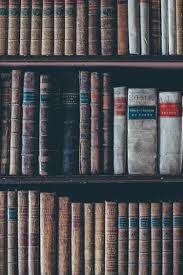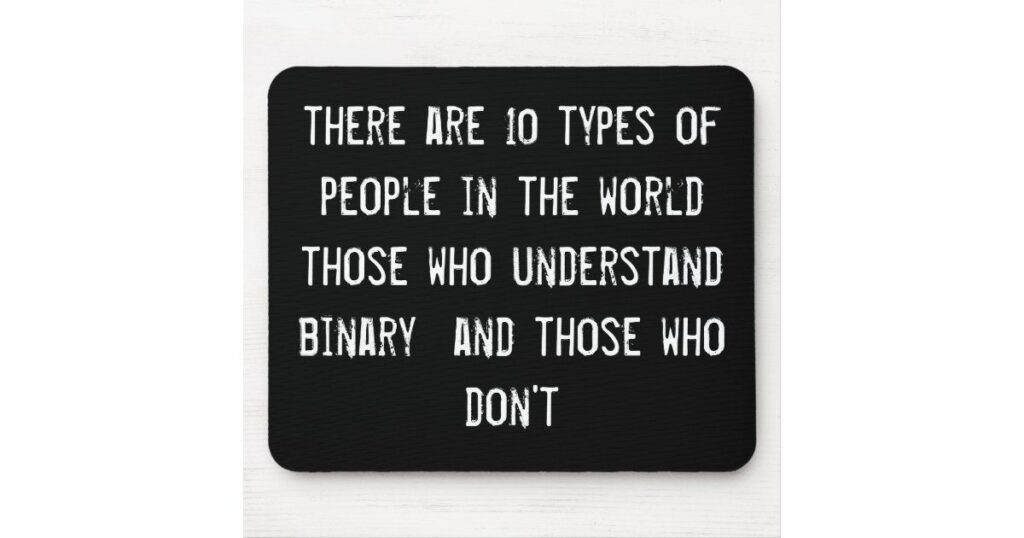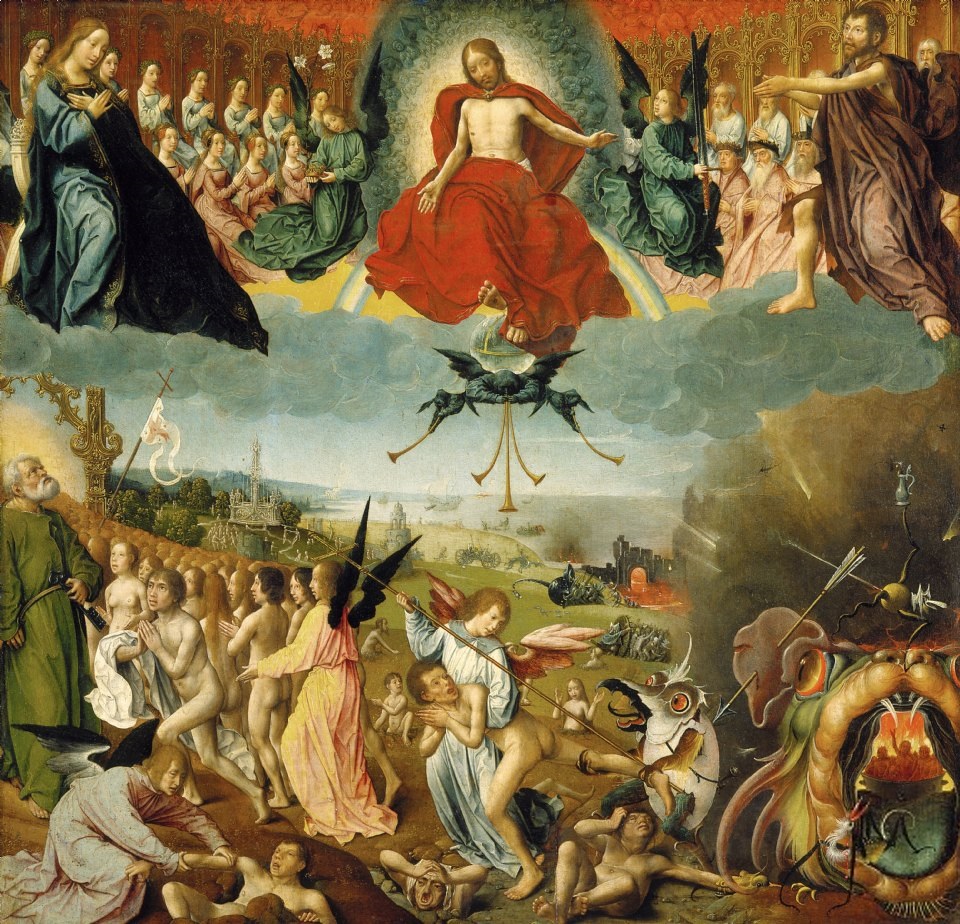Written by Stephen Clay McGehee. Reposted with permission from The Southern Agrarian – http://www.southernagrarian.com/
Some of the topics here are admittedly quite a stretch for Southern Agrarianism, and this is one example. Today’s post was prompted by an email discussion with a friend and fellow Southern Agrarian.
The Library of Alexandria, built in about 250 BC, was designed as a repository of all the important information of the day. It was the essential knowledge that Ptolemy, II of Egypt wanted to collect and preserve. It is an idea that has fascinated me for many years. What would we, today, consider to be the essential knowledge of our time? If we had to restart civilization with nothing but what was in a collection of books, what would it contain?
When I became aware of the fact that so much of our accumulated knowledge is in digital format only – and at the same time, realizing what an EMP (Electro-Magnetic Pulse) could do to what is nothing more than zeros and ones stored on magnetic media, I began collecting books. Not digital books, but real, paper and ink books – in hard cover if available. The pace really quickened when grandchildren came along. They would be home schooled, as were our two sons, and I wanted them to have a good library available.
The criteria I used for my library is simple: What can we not afford to lose? To that end, here is a list, in no particular order, of some of the book topics and types.
- Farming and large scale gardening
- Basic industrial processes (textiles, fuel alcohol, machining)
- References (math and engineering formulas, conversion tables, logarithmic tables)
- Classic literature
- Classic works of art and architecture
- History, without the PC nonsense.
- Maps and Atlas
- Encyclopedias
- Culture (Etiquette, traditional living, raising a family)
- Medicine, including veterinary
- Bible study (Concordances, reference works, KJV Bibles)
- Engineering design, drafting, land surveying
- Leadership (public speaking, dealing with people, Roberts Rules of Order)
- Military science
- Gunsmithing
- Basic science (biology, botany, physics, meteorology)
- Communications (Radio)
- Food preservation and preparation, nutrition
- Home school materials to make sure that future generations will know how to make use of the library
If I were to sum up the thought behind my library, it would be contained in the title of a book on my shelf – The Knowledge: How to Rebuild Our World from Scratch by Lewis Dartnell. I just take the premise of that book and go farther and deeper.
My most recent addition, picked up this evening at a Goodwill Store, is the 1943 edition of Fractures and Dislocations; it includes photos and description of using a large C-clamp and blocks of felt to set a fracture of the foot. Hopelessly outdated by today’s standards, it would be invaluable to those in a time when modern medicine becomes a distant memory. It is technology appropriate for the times.
For more content like this, please visit The Southern Agrarian – http://www.southernagrarian.com/









